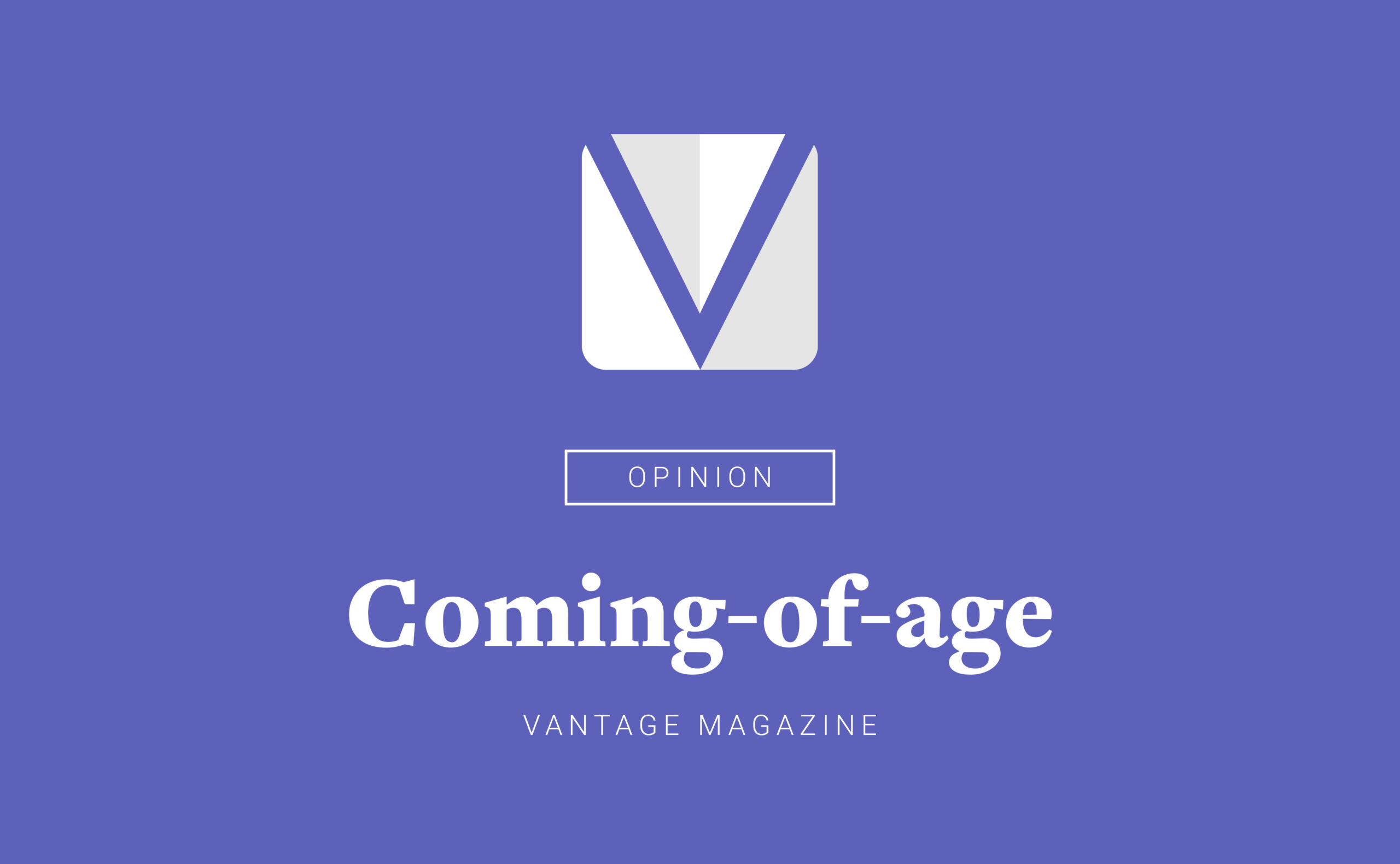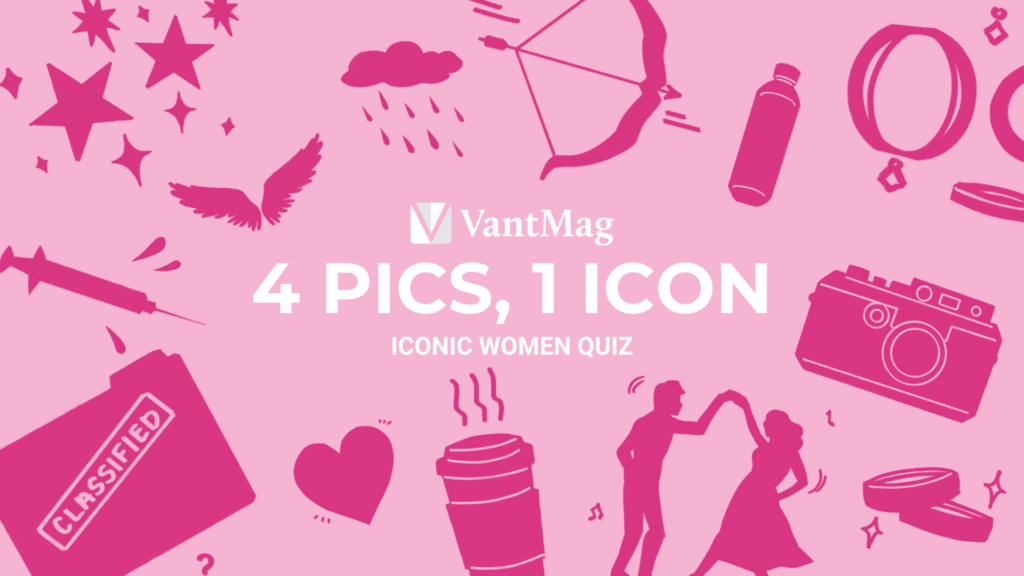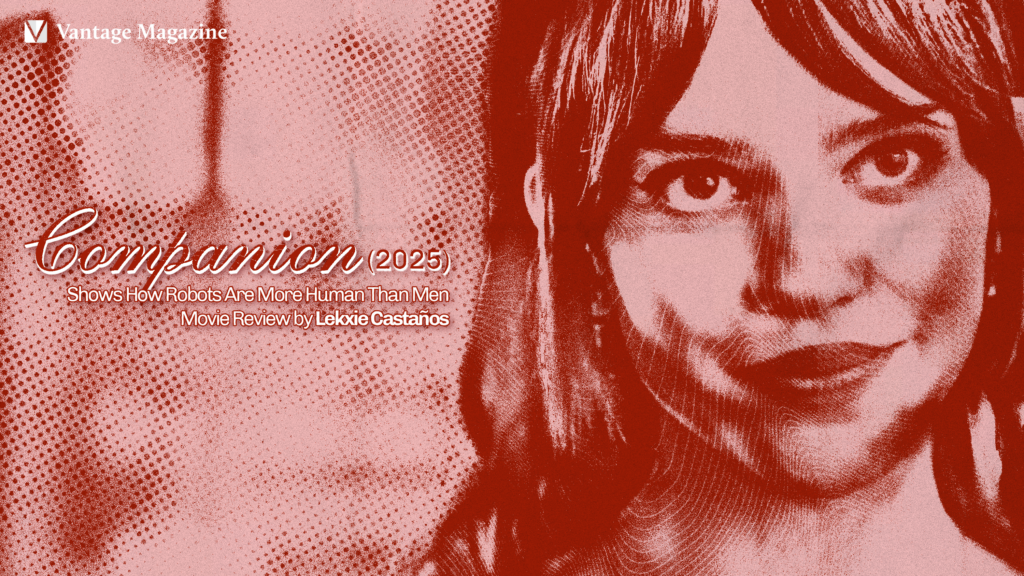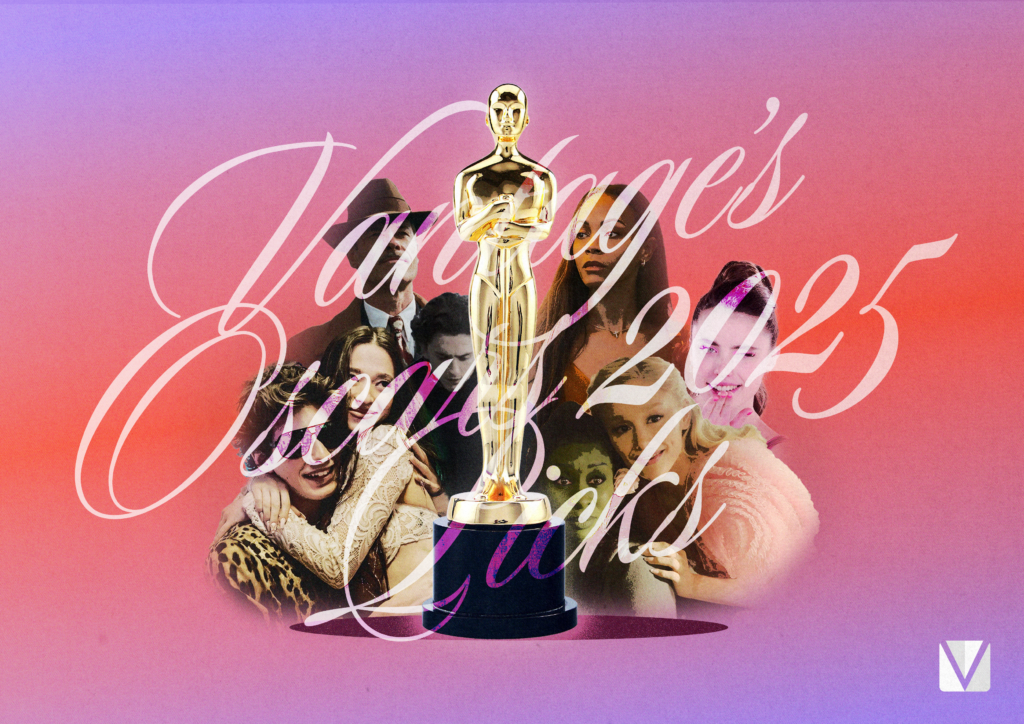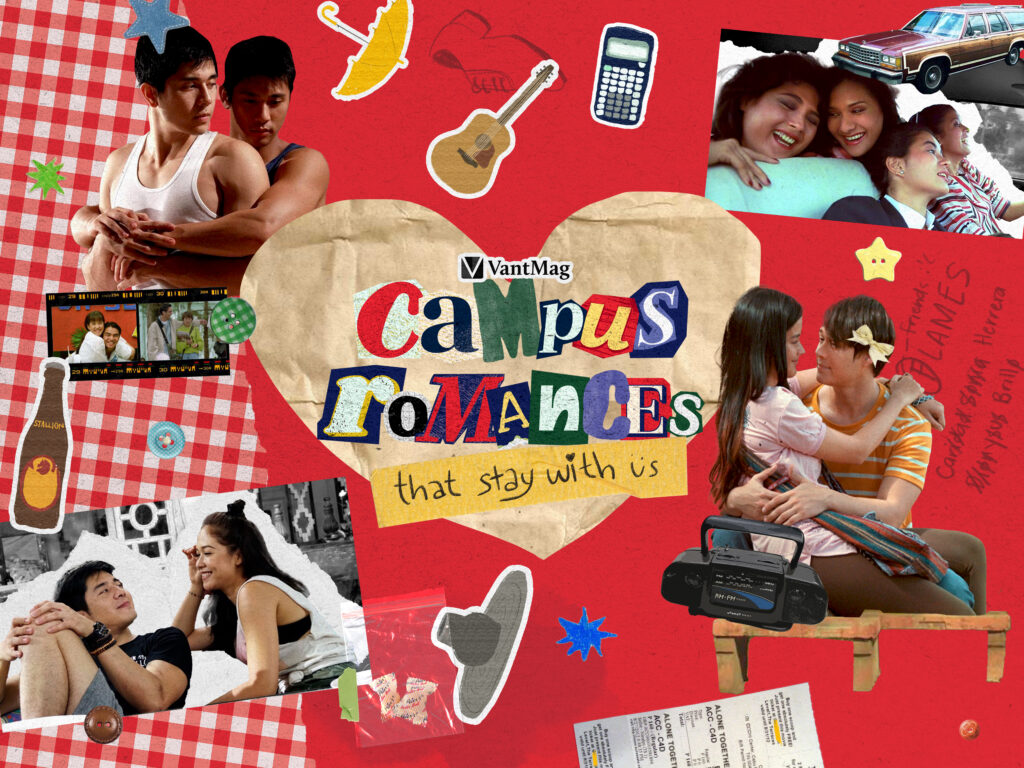My teen years felt like the abyss between adulthood and childhood: I wasn’t exactly a kid anymore, but I was far too immature to function like a grown-up. In this gap of uncertainty was a vision board of coming-of-age films, music, and TV shows that served as my navigator into this unknown stage of my life.
As I was emerging into my own self, I felt like the only way I could validate my milestones and setbacks was if I mirrored the same experiences as the characters I would watch on screen. Instead of simply connecting to an artist like Lorde who expresses her riddled fear for the future, I also concerned myself with how this could reinforce an idealized version of my pain—if I could package my hurt to be as attractive as the media I would consume.
Though the characters I admired shared the same adolescent fears and frustrations I had, I still wanted to embody the traits I desired so much from them. This meant trying to align myself with the witty personality traits and jaded attitudes of characters like the titular protagonist from Ladybird (2017) or Kat Stratford from Ten Things I Hate About You (1999). Through this, I believed I would be able to experience all the stereotypical moments of teenhood.
Rather than asking myself whether these pieces of media intentionally gloss over the realities of adolescent worry, I began to wonder if my mind was partly responsible for romanticizing my own personal struggles. In truth, I didn’t understand the content that I consumed. It was more so attracted to the aesthetics of the coming-of-age genre, as it produced a polished, more glamorized version of the angst and dissatisfaction I felt with myself.
I eventually realized that I could no longer cling to stories as a way to form my own identity. It yielded very little happiness in my life and only made me more dependent on unrealistic ideals. I began to shed away this desire to imitate an archetype the older I grew, and it made me realize how common this tendency exists among teens like me. In the midst of the pandemic, I noticed a pattern of people conforming themselves to micro-niches and aesthetics: questions of whether I identified as a main character or the funny best friend began to swirl all over my feed. There would be discourse over whether you were for “the male gaze” or the “female gaze,” and it made me realize how these are all iterations of the mindset I had.
A pandemic that took three years of my life made me realize that the excessive romanticization of my personality can only do so much to foster growth and maturity.
A common denominator I drew from the stories I’d consumed was how messy and unpretty growing into your own skin really is. The characters I’ve always admired knew this the most, and perhaps the only thing I needed to imitate was their relentlessness to make mistakes. Only when I was ready to relish in my own experiences was when I began to appreciate coming-of-age stories. As I near the end of my teen years, I learn to take these pieces of media as simply an echoing of my experience–an ode to my growing pains, and a love letter for the future.


